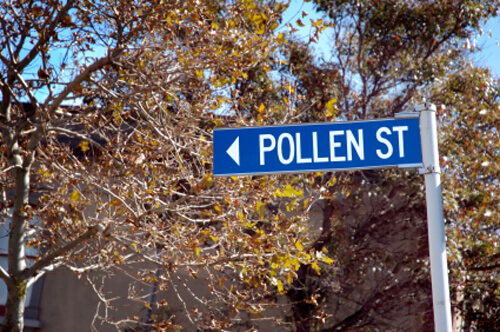About 65 per cent Omicron cases are from reinfection, according to a study based in England.
The study led by Imperial College London researchers found that almost two out of every three Covid-positive participants reported having had Covid before.
The team concluded that past infection was associated with a high risk of reinfection with Omicron.

However, more work is needed to determine how many of the results are true reinfections or PCR tests which may have picked up old traces of the virus.
Risks of infection were found to increase among people living in large compared to single-person households, those in more deprived areas and among people of Asian, Black and other ethnicities, according to the findings.
“There is good news in our data in that infections had been rapidly dropping during January, but they are still extremely high and may have recently stalled at a very high prevalence,” said Professor Paul Elliott, director of the REACT programme from Imperial’s School of Public Health.
“Of particular concern is that there is rapidly increasing prevalence among children now they are back at school and, compared with December, prevalence in older people aged 65+ has increased seven- to 12-fold, which may lead to increased hospitalisations,” he added.
The REACT (REal-time Assessment of Community Transmission) research team swap-tested thousands of volunteers across England.
Among the 3,582 swab-positive individuals reporting whether or not they had had previous infection, 2,315 reported a confirmed previous infection.
Further, the researchers also looked at existing, publicly available data on Covid-19 hospitalisations and deaths and compared these with the REACT data on infection rates.
They found that between February and May and September and December of 2021, there was a reduced risk of hospitalisation, and between February and December inclusive there was a consistently lower risk of death.
This is likely due to the impact of the vaccination programme and improved treatment.
“Vaccination remains the best way to protect yourself from severe disease and hospitalisation from Omicron, and I would urge anyone who has not done so to come forward for their first, second and third doses as soon as possible,” ,” said Dr Jenny Harries, Chief Executive of the UK Health Security Agency.
“The impact the vaccination is having on preventing severe disease and hospitalisations is clear to see,” she said.














